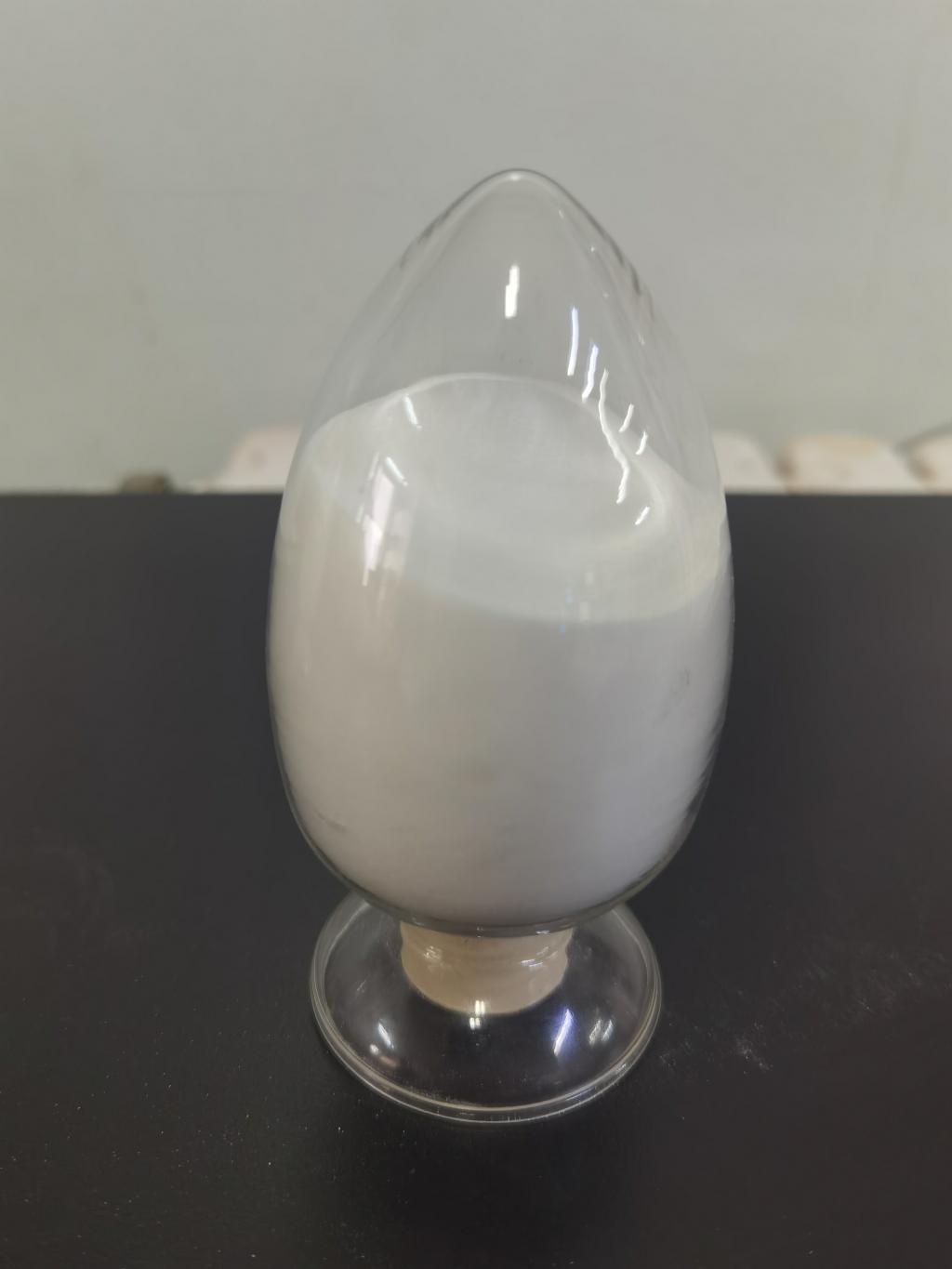Tel:+8618231198596

News
 CONTACT
CONTACT
 CONTACT
CONTACT
- Linkman:Linda Yao
- Tel: +8618231198596
- Email:linda.yao@dcpharma.cn
- Linkman:CHARLES.WANG
- Department:Overseas
- Tel: 0086 0311-85537378 0086 0311-85539701
News
Current Position:
Home >
News
>Cosmetics with ε-Polylysine hydrochloride remain free from microbial contamination.
Cosmetics with ε-Polylysine hydrochloride remain free from microbial contamination.
TIME:2024-03-25
Understanding ε-Polylysine Hydrochloride: A Natural Antimicrobial Solution
Derived from natural fermentation processes, ε-Polylysine hydrochloride is a cationic homopolymer of L-lysine residues. Its unique structure and positive charge enable it to interact with microbial cell membranes, disrupting their integrity and inhibiting microbial growth. This natural antimicrobial solution offers cosmetics manufacturers an effective means of preventing microbial contamination and preserving product safety and stability.
Mechanisms of Action: Preventing Microbial Contamination
The antimicrobial action of ε-Polylysine hydrochloride is multifaceted. Upon application to cosmetics formulations, ε-Polylysine hydrochloride interacts with microbial cells, disrupting their membranes and inhibiting essential cellular processes. This disruption prevents microbial growth and proliferation, thereby safeguarding cosmetics from contamination by bacteria, yeasts, and molds. Additionally, ε-Polylysine hydrochloride may interfere with microbial DNA and protein synthesis, further enhancing its antimicrobial efficacy.
Applications in Cosmetics: Ensuring Product Safety and Stability
Cosmetics manufacturers incorporate ε-Polylysine hydrochloride into a wide range of products to ensure microbial safety and stability. It is commonly used in formulations such as creams, lotions, serums, shampoos, and makeup products, where its antimicrobial properties help prevent microbial contamination during production, storage, and use. By maintaining product integrity and safety, ε-Polylysine hydrochloride enhances consumer confidence and satisfaction with cosmetics products.
Benefits of ε-Polylysine Hydrochloride in Cosmetics
The use of ε-Polylysine hydrochloride offers numerous benefits to cosmetics manufacturers and consumers alike. Firstly, it provides effective microbial protection, reducing the risk of product spoilage and microbial-induced skin irritations or infections. Secondly, ε-Polylysine hydrochloride is compatible with a wide range of cosmetic formulations, allowing for its seamless integration into diverse product formulations without compromising product performance or sensory attributes. Moreover, its natural origin and safety profile resonate with consumer preferences for clean label products, enhancing the marketability and appeal of cosmetics formulations.
Safety Considerations and Regulatory Compliance
Regulatory agencies such as the U.S. Food and Drug Administration (FDA) and the European Union's Cosmetics Regulation have evaluated the safety of ε-Polylysine hydrochloride and granted regulatory approval for its use in cosmetics formulations. Its Generally Recognized as Safe (GRAS) status underscores its safety profile and suitability for cosmetic applications. Additionally, adherence to regulatory requirements, including maximum residue limits and labeling regulations, ensures the responsible use of ε-Polylysine hydrochloride in cosmetics products.
Future Trends and Innovations
As consumer demand for natural and sustainable cosmetics continues to rise, the role of ε-Polylysine hydrochloride in cosmetics is expected to expand. Future trends may involve the development of novel formulations incorporating ε-Polylysine hydrochloride alongside other natural ingredients to enhance product efficacy and appeal. Moreover, advancements in biotechnology and formulation technologies may lead to the optimization of ε-Polylysine hydrochloride formulations for specific cosmetic applications, further driving innovation in the cosmetics industry.
Conclusion: Ensuring Microbial Safety with ε-Polylysine Hydrochloride
In conclusion, ε-Polylysine hydrochloride serves as a valuable ally in the cosmetics industry, offering effective microbial protection and ensuring product safety and stability. Its natural origin, compatibility with cosmetic formulations, and regulatory approval underscore its importance as a key ingredient in cosmetics formulations. By harnessing the power of ε-Polylysine hydrochloride, cosmetics manufacturers can deliver products that meet consumer expectations for safety, efficacy, and sustainability, fostering trust and loyalty among consumers in the dynamic and competitive cosmetics market.
- Tel:+8618231198596
- Whatsapp:18231198596
- Chat With Skype







